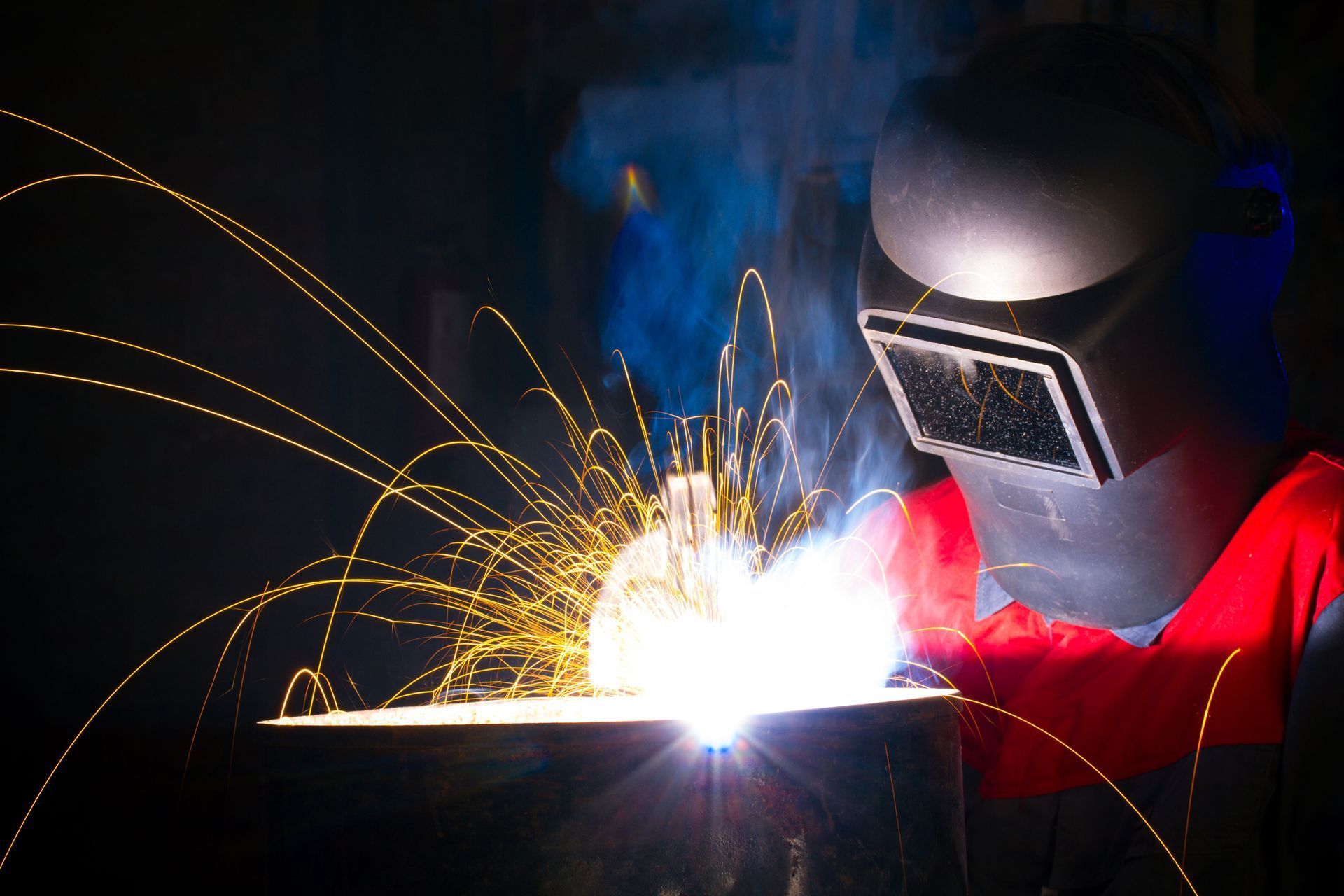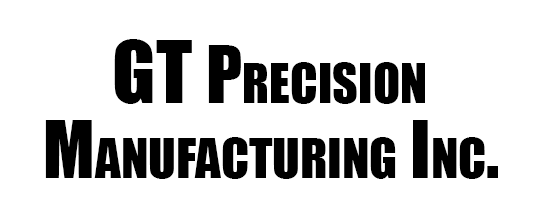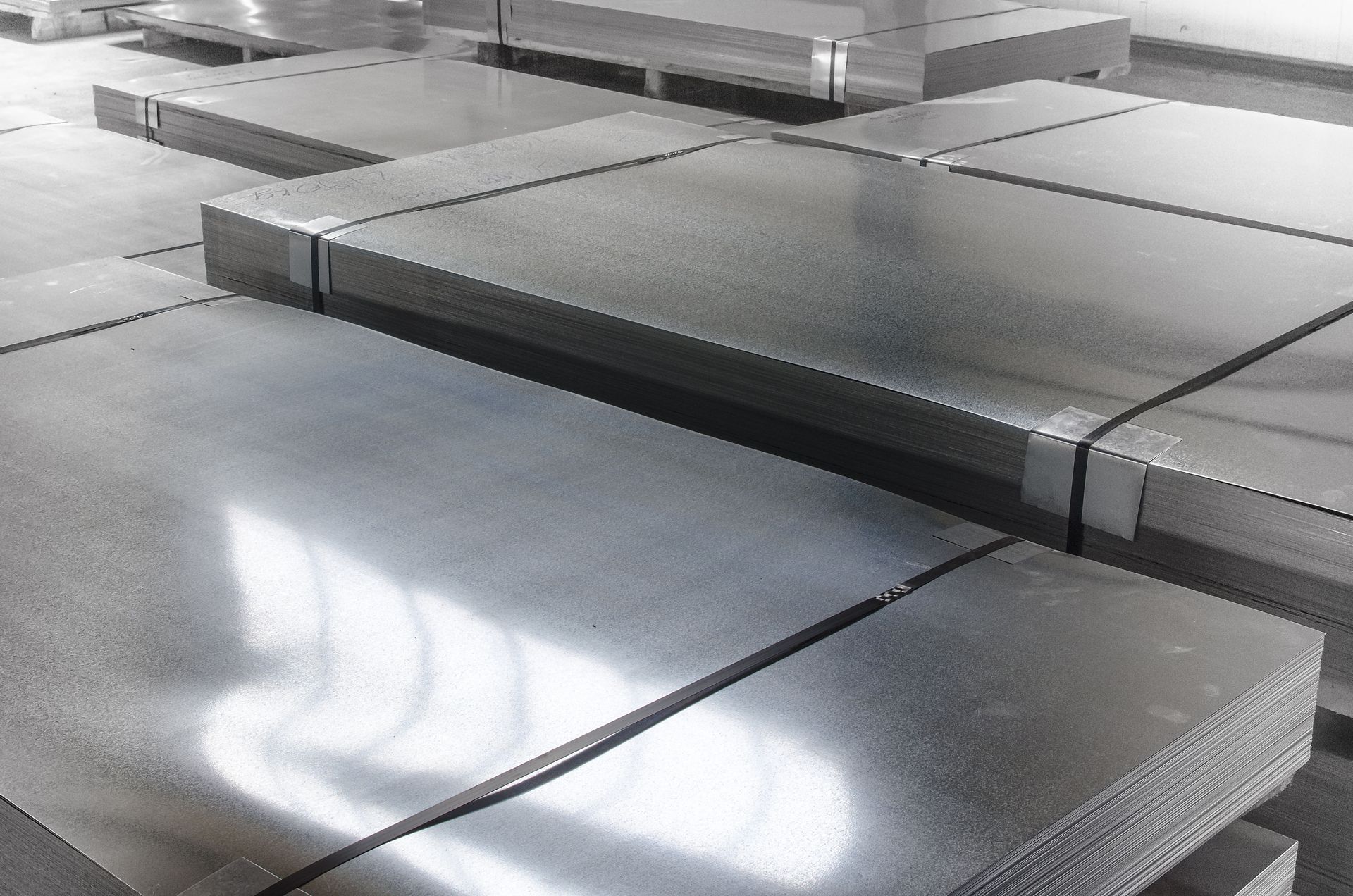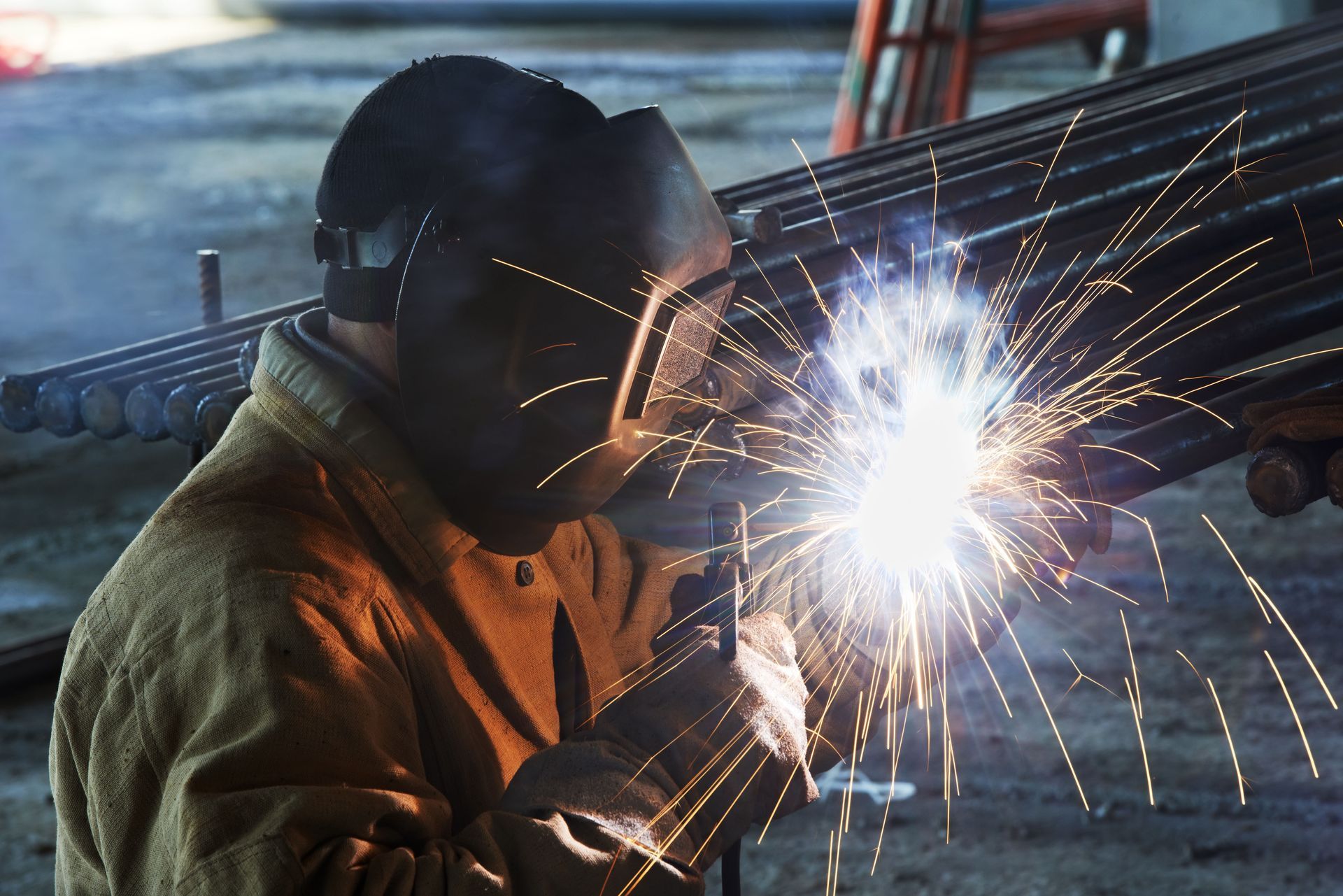October 14, 2025
Collaborating with local metal fabricators is a strategic choice for businesses and organizations seeking high-quality, customized metal components. From small-scale projects to complex industrial applications, local fabricators provide expertise, modern equipment, and hands-on attention that larger, distant suppliers may not offer. Working closely with nearby partners allows for faster communication, efficient project adjustments, and reliable delivery timelines, ensuring each project meets its specific requirements.
Metal fabricators are equipped to handle a variety of processes, including cutting, welding, and machining, and they offer materials such as steel, aluminum, and stainless steel for a wide range of applications. Their understanding of regional standards and client needs ensures that fabricated products are precise, durable, and fully compliant with industry regulations. By leveraging local expertise, companies can optimize costs, reduce delays, and achieve superior results, making local metal fabrication a practical and effective solution for any project requiring precision and reliability.
Exploring Metal Fabrication Processes
Metal fabrication involves building structures and components through cutting, bending, and assembling metal materials. Fabrication shops employ processes such as welding, machining, and forming, transforming raw metals into functional products. Understanding these processes is essential to determining what can be achieved in each project and to ensure efficiency. Local metal fabricators provide expertise in these operations, enabling precise and high-quality results tailored to client needs. Each step in the process is designed to create durable and reliable components that can withstand rigorous industrial or commercial use.
Common processes include cutting using saws, shears, or CNC machines, welding for joining metals, and machining techniques such as drilling, turning, and milling. Each method contributes to shaping metal materials into durable parts suitable for a variety of applications. Partnering with metal fabricators ensures access to skilled technicians familiar with these processes and capable of handling complex project requirements. Their experience allows them to suggest the most effective methods for efficiency and quality, which can be crucial for meeting project timelines.
Designing Fabricated Components
Designing components is a collaborative process between clients and fabricators. Clear specifications, drawings, and prototypes guide the fabrication process and reduce the risk of errors. Local metal fabricators can work closely with clients to refine designs, ensuring feasibility and optimal performance. Iterative design processes allow for adjustments, preventing costly revisions later in production. Thoughtful design planning also allows for future scalability or modifications if the project's needs evolve.
Advanced technologies, including CNC machines and CAD software, support precise design and fabrication. According to Allied Market Research, the global welding market is projected to reach $28.5 billion by 2026, reflecting growing investment in technology-driven processes within fabrication facilities. These technological capabilities allow fabricators to produce complex designs with high accuracy and consistent quality, ensuring each component performs as intended.
Applying Fabricated Products in Industries
Metal-fabricated products are essential in industries that rely on precision and custom solutions, including foodservice, medical, and research sectors. Fabricated components play a critical role in creating durable equipment, specialized enclosures, and functional assemblies tailored to exact specifications. The adaptability of sheet metal products allows businesses to address unique operational challenges efficiently while maintaining high-quality standards.
Working with metal fabricators ensures projects receive focused attention, precise craftsmanship, and compliance with relevant industry regulations. Familiarity with regional requirements and quality standards helps guarantee reliable and functional products for each application. Close collaboration with fabricators enhances design efficiency, reduces errors, and results in high-quality final products customized to meet client needs.
Customizing Solutions for Projects
Local metal fabricators often provide bespoke solutions to address specific project requirements. Close collaboration allows for adjustments in design, materials, and assembly methods, ensuring the final product meets exact standards. Flexibility in fabrication encourages innovation and problem-solving, resulting in components optimized for their intended use. By working directly with fabricators, clients can explore alternative materials or finishes that enhance performance or durability. Customized approaches also increase client satisfaction by delivering a product that is fully aligned with expectations and operational goals.
These tailored approaches help clients maintain a competitive advantage and align products with market or operational needs. Local fabricators' ability to adapt quickly supports efficient and precise project delivery. They can also recommend modifications that improve functionality or reduce costs without compromising quality. By incorporating feedback during the production process, fabricators ensure the final components are practical, reliable, and optimized for long-term use in their intended environment.
Researching Local Fabricator Options
Finding the right nearby metal fabricator begins with research. Companies should review portfolios, past projects, and available capabilities. Online directories, trade events, and local networking provide insights into reputable fabricators. Evaluating a range of options ensures that the selected partner aligns with project requirements and expectations. Research also provides perspective on market rates and service offerings. It is important to consider the fabricator's technological capabilities and available equipment, as these factors directly impact project quality and efficiency.
Assessing customer service responsiveness and communication practices can reveal how smoothly a project will progress. Additionally, understanding a fabricator's safety protocols and compliance history provides assurance that projects will be executed responsibly and professionally. Engaging with multiple local providers allows for comparison of services, expertise, and pricing. This research step reduces risks and ensures informed decisions for critical fabrication projects. Taking time to assess potential partners is an investment in the success and efficiency of the overall project.
Communicating Effectively With Fabricators
Successful projects require clear communication of project specifications, timelines, and expectations. Regular updates and open channels ensure progress tracking and prompt issue resolution. Face-to-face meetings or site visits enhance collaboration, enabling immediate feedback and design modifications when necessary. Effective communication fosters relationships and provides clarity throughout the fabrication process.
Maintaining transparent communication with metal fabricators strengthens project execution, minimizes misunderstandings, and ensures the final product meets client needs efficiently. Additionally, it allows for early identification of potential challenges, which can save time and resources during production.
Ensuring Quality and Compliance
Quality assurance is vital in metal fabrication. Local fabricators can implement inspection protocols, non-destructive testing, and adherence to standards such as ISO, AWS, and ASME. These measures ensure consistent product quality, safety, and regulatory compliance. Rigorous quality checks contribute to the long-term reliability of fabricated products.
Continuous improvement practices, including lean manufacturing and feedback loops, support operational efficiency and innovation. Efficient defect management and rework strategies further safeguard product reliability and client satisfaction. By prioritizing quality and compliance, fabricators demonstrate professionalism and accountability.
Leveraging Local Partnerships for Success
Working with local metal fabricators strengthens project execution, community engagement, and economic development. Proximity supports faster turnaround times, better communication, and customized solutions. Selecting a reliable local partner ensures quality assurance, compliance, and innovation throughout the project lifecycle. Local collaboration encourages a smoother workflow and greater accountability from all parties involved.
Local partnerships also provide flexibility for design modifications and iterative improvements. Fabricators with close geographic proximity can quickly adapt to changing project requirements, address challenges in real time, and offer tailored solutions that meet exact specifications. This hands-on approach helps businesses achieve superior product quality and operational efficiency while reducing delays and unexpected costs.
For businesses looking to optimize metal fabrication projects and maintain a competitive edge, relying on GT Precision Manufacturing Inc provides professional expertise, modern technology, and an unmatched commitment to client success. Contact GT Precision Manufacturing Inc today to discuss your next project and explore how local metal fabricators can deliver precision, efficiency, and tailored solutions.





